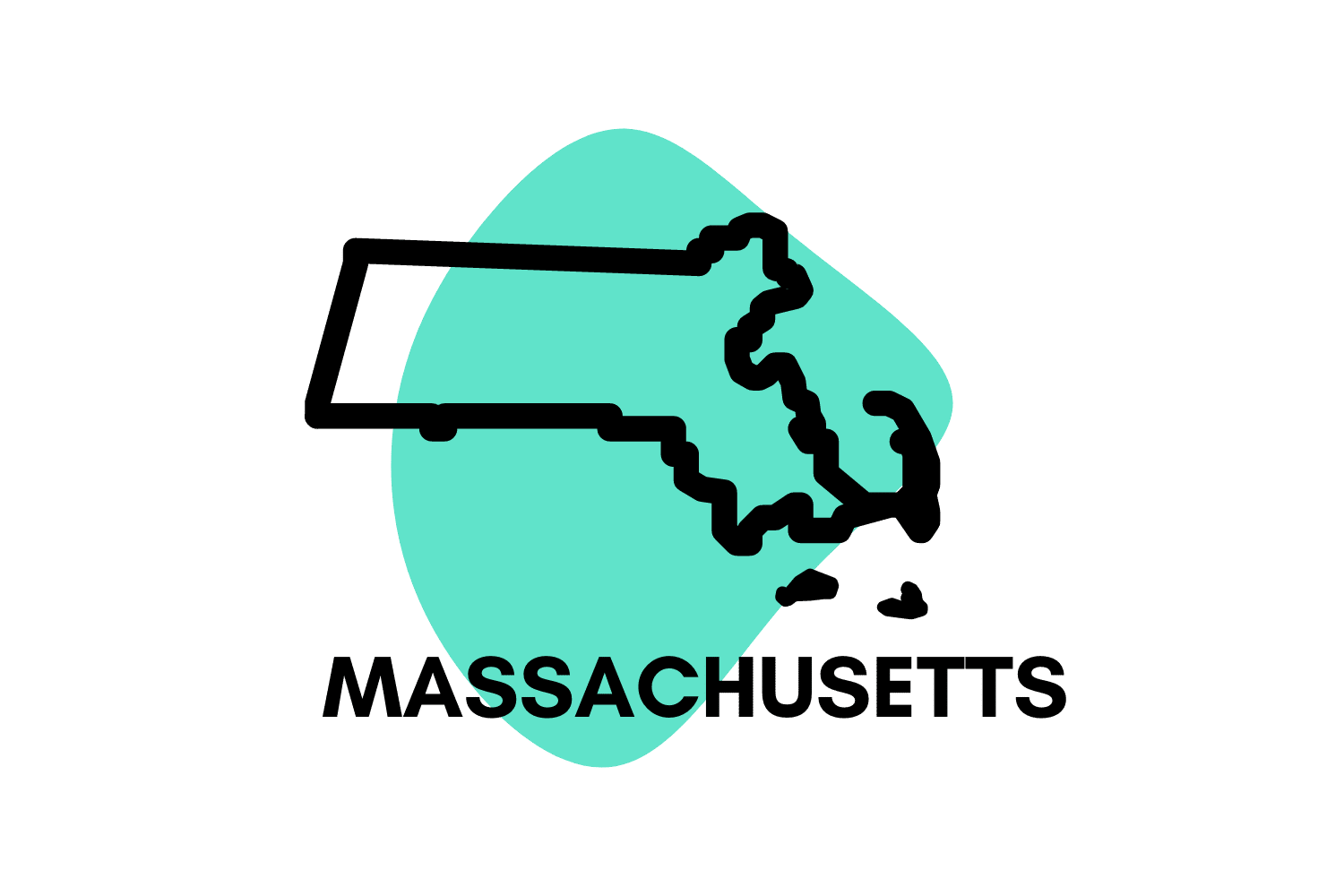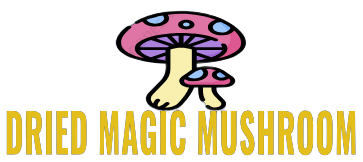Crystal meth, DMT, Ecstasy, LSD, Magic Mushrooms, MDMA, Mushroom, psychedelic, psychedelics
Are Psychedelics Mushroom Legal in Massachusetts?

Are Psychedelics Mushroom Legal in Massachusetts? Magic mushrooms are one of the most consumed psychedelics globally, both for recreational and medicinal purposes.
As recently as 2020, all psychoactive substances were banned in Massachusetts.
The situation today is entirely different. All-natural psychedelics have already been decriminalized in the municipalities of Cambridge, Northampton, Somerville, and Easthampton, Massachusetts.
Will the rest of the state follow suit? Keep on reading to learn all the crucial aspects of the legality of psychedelics in Massachusetts.
Are Magic Mushrooms Legal in Massachusetts?
While magic mushrooms are illegal in Massachusetts, their laws are much lighter than in most other states.
In Section 31 of Massachusetts state law, psilocybin is classified as a Class C substance.
That said, psilocybin and other psychedelics are decriminalized in three cities in Massachusetts: Somerville, Cambridge, and Northampton.
If the police catch you with magic mushrooms in the rest of the state, you can spend up to a year in prison, depending on your record and how much you were in possession of.
Map of Magic Mushroom Laws In the USA
WA MT ND MN SD WY ID OR NV CA AZ NM PR GUAK CO KS OK TX LA AR MO IA WI MI IL IN OH KY TN MS AL GA FL SC NC WV VA PA NY VT NH RICT MA NJ DE MD ME UT NE DC HI
Do Magic Mushrooms Grow Wild in Massachusetts?
Yes, you can find wild species of magic mushrooms almost anywhere in the world, and Massachusetts is no exception. Are Psychedelics Mushroom Legal in Massachusetts?
There are fewer species found in this state because of the colder winters, but you can still find a variety of species around temperate forests with plenty of decaying organic material such as leaves and deadwood.
The species of mushroom that grow naturally in Massachusetts include:
- Panaeolus cinctulus
- Psilocybe ovoideocystidiata
- Psilocybe stuntzii
- Gymnopilus junonius
- Gymnopilus luteus
Some people have found the infamous Psilocybe cubensis in Massachusetts as well, but only in regions that are sheltered from the blistering cold temperatures during the winter. It’s much easier to cultivate Psilocybe cubensis indoors than it is to find this mushroom locally in the wild.
What Are the Medicinal Uses of Shrooms?
Research involving magic mushrooms is well established at this point. There are several key therapeutic angles currently being explored in closer detail, and every year researchers find new insights into the power of these natural psychedelics for treating various mental health conditions.
Some studies show that, in microdoses, psilocybin can help control cluster headaches — a condition that’s proven very difficult to treat with current medications.
In addition, studies support the use of magic mushrooms for conditions ranging from post-traumatic stress disorder (PTSD), clinical depression, existential anxiety, and obsessive-compulsive disorder, and addiction.
Is LSD Legal in Massachusetts?
LSD (lysergic acid diethylamide) is illegal in the state of Massachusetts.
According to state law, this drug is considered a Class B substance, the same category as drugs such as cocaine.
Personal quantities of LSD can lead to various fines and potential jail sentences depending on the quantities and prior offenses.
For possessing large amounts of LSD (over 14 grams), you could spend up to a year in prison or receive fines of up to $1000.
Related: List of Lysergamide Psychedelics.
Is MDMA Legal in Massachusetts?
MDMA is also a Class B substance, which means it’s illegal in Massachusetts.
The penalties are the same for all Class B substances — up to a year in jail and fines ranging from a few hundred to a few thousand dollars.
If you’re charged with trafficking a Class B substance, the maximum penalty can be 15 to 20 years in prison and a fine of $50,000 to $500,000 in the worst case.
MDMA-assisted therapy is on the brink of becoming legal throughout the United States — which would grant therapists the ability to use MDMA as part of their therapeutic protocol while treating PTSD and other mental health conditions.
Some psychologists hope to use the substance as a way to establish a better connection with their patients and to facilitate couples therapy sessions. Are Psychedelics Mushroom Legal in Massachusetts?
Is Ketamine Legal in Massachusetts?
According to Massachusetts state law, ketamine is illegal for recreational use but legal for certain therapeutic applications.
There are already a handful of ketamine clinics in the state. Ketamine is approved for the treatment of major depression and PTSD.
It’s unlikely that ketamine will become legal or decriminalized in Massachusetts for recreational use anytime in the near future.
The fines for ketamine possession are fairly strict. If the police catch you with 14 grams or less, you can spend up to two years in prison and receive a $2000 fine.
What’s The Difference Between Legalization & Decriminalization?
Many people believe that legalization with decriminalization means the same — but they’re actually very different.
Legalization removes all the penalties for a specific prohibited activity and usually provides a legal context for commercialization. When a substance becomes legal, the state usually plays a regulatory role in the industry.
On the other hand, decriminalization only reduces the penalties for illegal activity, but it doesn’t make it lawful. In other words, you won’t go to jail for using a decriminalized substance, but you can still get fined. Repeat offenders and drug traffickers may be subject to more strict penalties.

Key Takeaways: What’s The Future of Psychedelics in Massachusetts?
Massachusetts is a pretty open state concerning drugs: you can find legal recreational weed and decriminalized psychedelics in some cities.
So the future of psychedelics in Massachusetts is bright, and we think it’s a great candidate for being one of the pioneers in psychedelic legalization and decriminalization.
The first on the docket is MDMA, which should become legal for clinical use by the second quarter of 2022.
